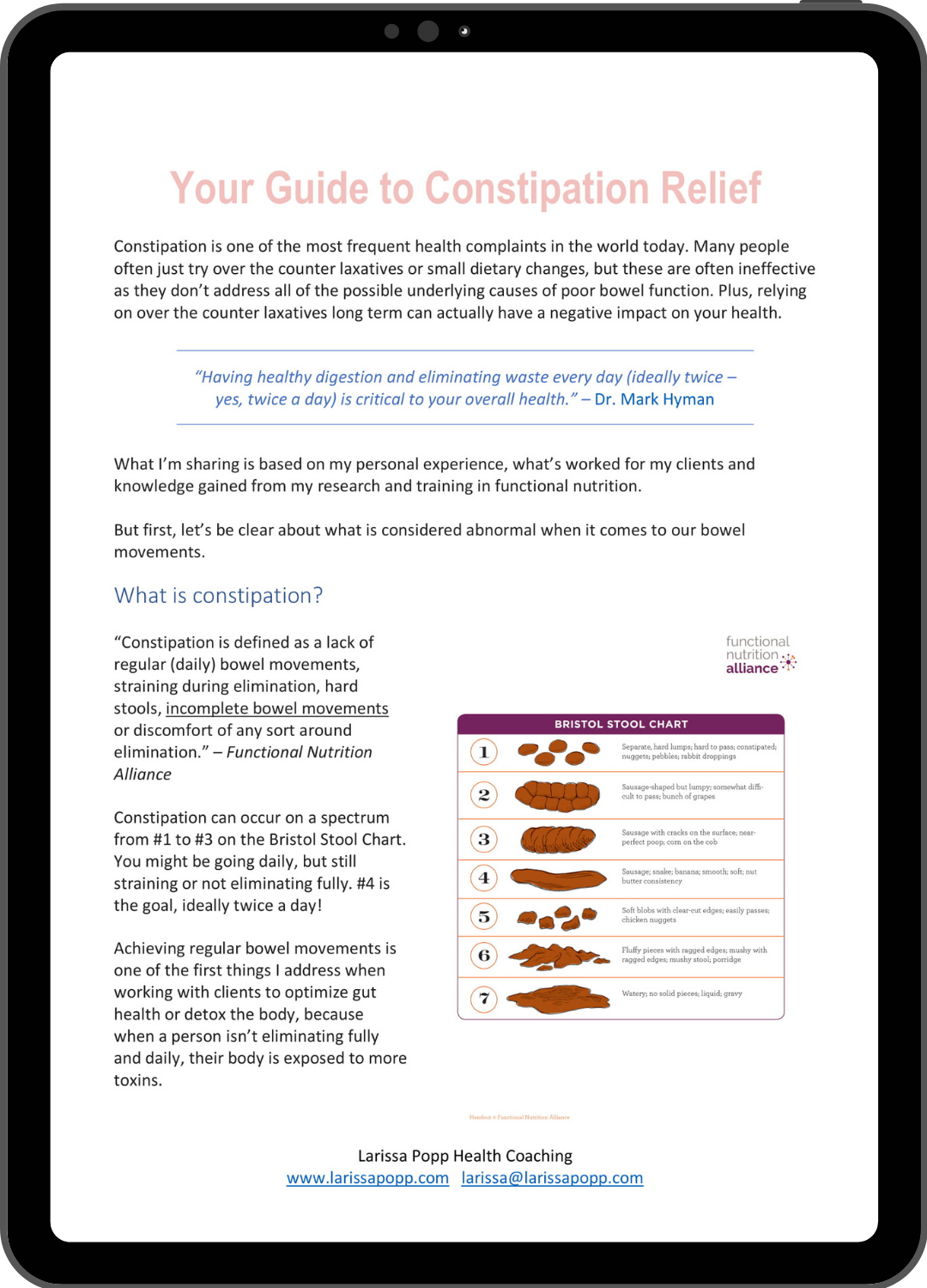I was motivated to write about this topic because I’ve recently heard many people here in Kurdistan, Iraq, where I’m currently living, tell me that they’re consistently staying up past 2am, and sleeping as late as 5 or 6am! While this may just be a summertime habit, it has detrimental effects for one’s health – and even sleeping later than 10 or 11pm can be comprising your health and energy potential. Sleep is critical to our health because there a lot of things our body can only do while we are asleep. One of the most important benefits of sleep is cellular repair. I like to think about what happens in the brain when we sleep – after a full day of mental activity there are a lot of waste products that need to be removed. The removal of waste then makes room for new growth and development. When we sleep, our body is removing and recycling dead or damaged cells, clearing out toxins, and removing waste products so that our brain can function at its best. The brain’s waste removal system, known as the glymphatic system, actually becomes 10 times more active when we’re asleep, compared to during wakefulness, according to research at the Center for Translational Neuromedicine at the University of Rochester Medical Center. And beyond the brain, there are MANY more benefits of sleep for your entire body.
As you might have heard, getting at least 7 to 8 hours of sleep is very important for optimizing your health and energy – both physical energy and brain power! However, it’s not that simple. You also need to make sure that you’re doing the right things to optimize your sleep quality during those hours. If you’re sleeping at least 8 hours and not feeling well rested when you wake up, then you likely need to make some changes to optimize your sleep habits.
There are a number of things that can do to optimize your sleep quality, and one of the most important is getting to bed at the right time.
“It’s been shown that human beings get the most beneficial hormonal secretions and recovery by sleeping during the hours of 10:00 p.m. to 2:00 a.m.” – Shawn Stevenson, Sleep Smarter.
It is between the hours of 10pm and 2am that you get the most rejuvenating effects of sleep because you’re aligning your sleep time with your body’s natural hormone secretions. The beneficial hormones secreted during this time include melatonin and human growth hormone (HGH), among others.
On top of wanting to feel more energized when you wake up, you may also care about slowing the aging process (or rather, preventing accelerated aging) – if so, then you need to sleep during the time when you are getting the best dose of HGH, the “youth” hormone.
One of the other reasons it is optimal to sleep by 10pm is because we get a “second wind” of energy around 10pm when our body goes through a transformation.
“The purpose of this transformation is to increase internal metabolic energy to repair, strengthen, and rejuvenate your body. Heightened production of antioxidant hormones happens at this time to help protect your DNA from damage, improve your brain function, and more.” – Shawn Stevenson, Sleep Smarter.
Ask yourself: would you rather have that increased energy be used to help repair your body and prevent accelerated aging and illness, or, do you want to use that increased “second wind” energy to surf the net and aimlessly scroll through social media posts, or watch more episodes of your favorite TV series?
While 10pm is mentioned at the ideal time to go to bed, as with most things health-related, each of us are unique and each of us live in a different environment, so we need to also apply the principle of “bioindividuality.” 10pm is not the exact time that will be right for everyone. The goal is simply to go to sleep within a few hours of sun set in order to get the best sleep possible. According to Shawn Stevenson, this is going to be between 9pm and 11pm for most people, most of the year. And it’s normal to go to bed a little later during summer months and sleep earlier and longer during winter months.
I encourage you, if you’re not already doing so, to experiment with going to sleep between 9 and 11pm each night for a week (trying to be consistent and sleep at the same time each night) – then just notice how you feel. And if you’re really serious about optimizing your sleep, try keeping a journal to record how rested you feel when you wake up when experimenting with different sleep times. If you’re currently sleeping very late, then you might need to slowly re-adjust your sleep schedule.
I’ll end with two strategies that can help you to start sleeping earlier:
- Force yourself to wake up earlier and stay awake through the day (no napping!) so you can actually fall asleep earlier when night rolls around. Enlist external support if needed, such as your mom or partner.
- Get at least 5-10 minutes of sunlight (outside, not through a window) within 30 minutes of waking up. This will help to reset your sleep cycle, so you’ll actually start to feel sleepy at the right time.
If you have any specific questions related to sleep, comment below and I’ll be happy to respond. I also highly recommend reading the book Sleep Smarter.


